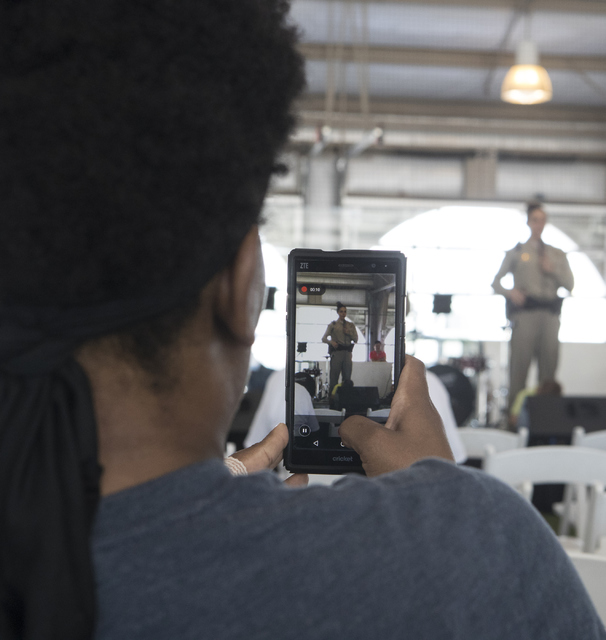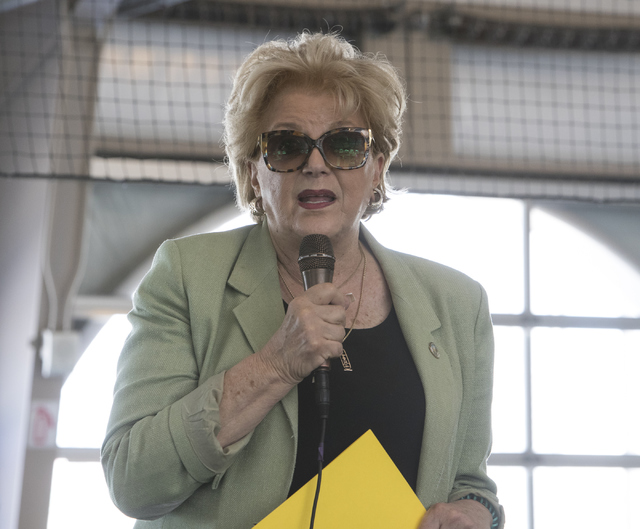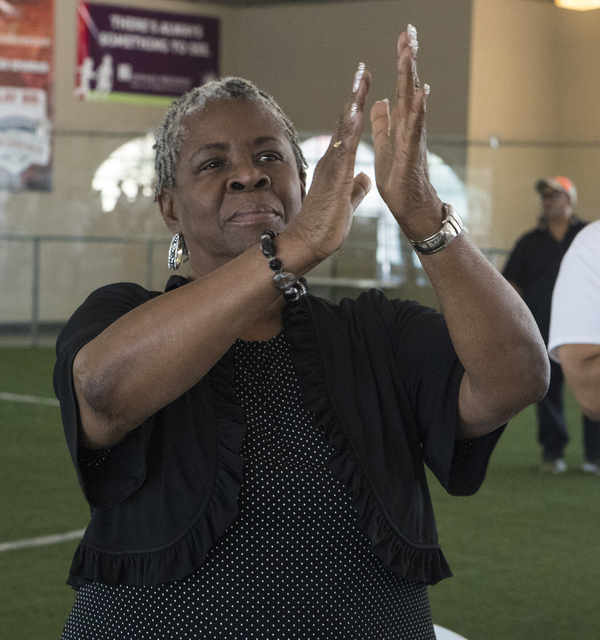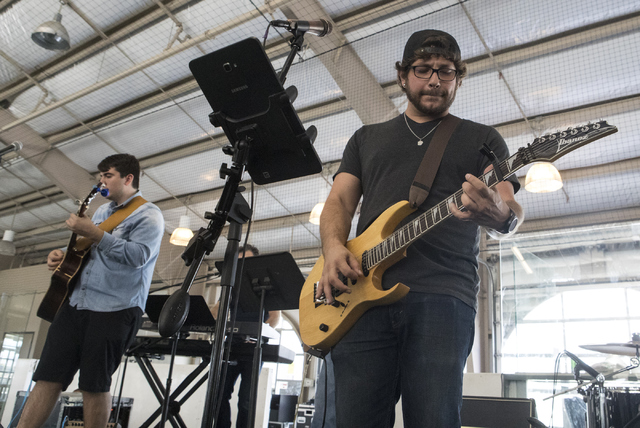Las Vegas police say child sexual predators come in all shapes, sizes






Childhood sexual abuse is a traumatic and life-altering experience.
While every case is different, child abuse prevention experts say when it comes to pedophiles, abuse can be prevented.
“Sexual predators usually start by developing a relationship of trust with children, parents, families, schools and youth organizations,” said Irene van der Zande, executive director and founder of Kidpower International, a global nonprofit leader dedicated to providing empowering and effective child protection, positive communication, and personal safety skills for all ages and abilities. “They manipulate their relationships in order to have access to children. They often seem very charming, kind and credible. They often test a child’s vulnerability and lower a child’s boundaries with small intrusions before doing something explicitly sexual. They seek children who are not going to tell their adults.”
About 90 percent of children who are victims of sexual abuse know their abuser. Family members accounted for approximately 30 percent of children who are sexually abused, while an adult they knew — but was not blood-related — accounted for 60 percent, according to From Darkness to Light, a nonprofit that focuses on child sexual abuse prevention.
“I don’t want people to be scared of everyone,” said Metropolitan Police Department Officer Larry Hadfield. “Some adults are just trying to be nice, but parents should absolutely pay attention to their child and their surroundings.”
Hadfield said parents should always know their child’s schedule and monitor parties, after-school activities, family gatherings and other events.
Parents must also talk to their children about their safety and teach children about their body and how to protect themselves if someone tries to touch them inappropriately or make them uncomfortable.
Instead of calling a child’s body parts made-up names, parents should use real names — vagina, breasts, penis, testicles, etc. — to avoid raising a child who feels shameful about his body and less likely to tell an adult when something happened.
“Using proper names for private body parts promotes positive body image, self-confidence and clear communication, should abuse ever happen,” said Rosemary Webb, co-president of Child Lures Prevention, a social services organization focused on helping prevent crimes against children and youths through education and awareness. “There will be no confusion about which body part was touched.”
Children should also learn how to push someone’s hand away, order someone to stop, leave as soon as they can, resist emotional coercion and tell a parent.
Parents can help their children learn these skills by using non-sexual examples such as tickling, roughhousing or playing a scary game and having them stop it on their own, according to Kidpower International.
Being alert to a child’s changes in behavior is also key in stopping any potential abuse, according to Hadfield.
“Keep an open line of communication, and get involved in your child’s life,” Hadfield said. “Make sure they know they can talk to you even when it’s something embarrassing.”
Hadfield urges parents to find out whether sex offenders live in their neighborhood.
By using the U.S. Department of Justice National Sex Offender Database at nsopw.gov/en-US, parents can determine whether any registered sex offenders live in their area by entering their ZIP code.
Hadfield also suggests using Metro’s website, lvmpd.com, to find sex offenders in the neighborhood. Those who download AlertID can sign up for updates when a sex offender moves into their area.
According to studies done by the Department of Justice, sexual offenders can be rich or poor; be men or women; be young or old; be married or single; have strong ties to their communities or families or have weak ties; have no criminal record or have had a prior conviction; and come from any race, culture or religion.
Webb said parents should be aware of a person who is very helpful, exhibits peer-like play, has no adult friends and will instead spend time with children, plays tickle games and roughhouses or refuses to honor boundaries set by society.
“The most common lures are affection, authority, bribery and threats,” Webb said. “Kids are showered with attention, affection, gifts, favors, etc. Harmless secrets are encouraged, setting the stage for future sexual secrets. Sex offenders often tell dirty jokes or use inappropriate language in front of children. They encourage body contact games with kids to initiate touching. Often, they take lots of pictures and video of the child. They may introduce pornography to initiate sexual interest and/or normalize sexual activities.”
Studies done by the Department of Justice indicate that about one in seven youth Internet users have received sexual solicitations online, and 9 percent have received distressing sexual material, van der Zande said.
In order to prevent this connection, parents should keep computers in an open access area and monitor computers and phones.
How do you know if a child has been sexually abused?
“The child may seem withdrawn from family and friends. They may suddenly suffer from depression, anxiety or sleep disturbances. The child may balk at attending certain activities or seeing certain persons,” Webb said. “They may avoid, or seem threatened by, physical contact. They may have physical complaints, like headache or stomach ache. They may use sexual language or start acting out sexually.”
Physical signs may include difficulty sitting, redness, soreness, discharge or bleeding in the genital area, according to Webb.
Van der Zande warns that about 30 percent of children who have been sexually abused do not show any symptoms.
“Many pedophiles are respected members of their communities before they are caught and are in positions of trust and power because they are very charismatic, capable and manipulative,” van der Zande said. “When people ask me what a pedophile looks like, I tell them to look in the mirror — because they don’t look any different than we do.”
Call the Childhelp National Child Abuse Hotline at 800-422-4453.
To report a non-emergency sexual abuse allegation, call the Clark County Child Abuse Hotline at 702-399-0081, or call the LVMPD non-emergency phone number at 702-828-3111.


















